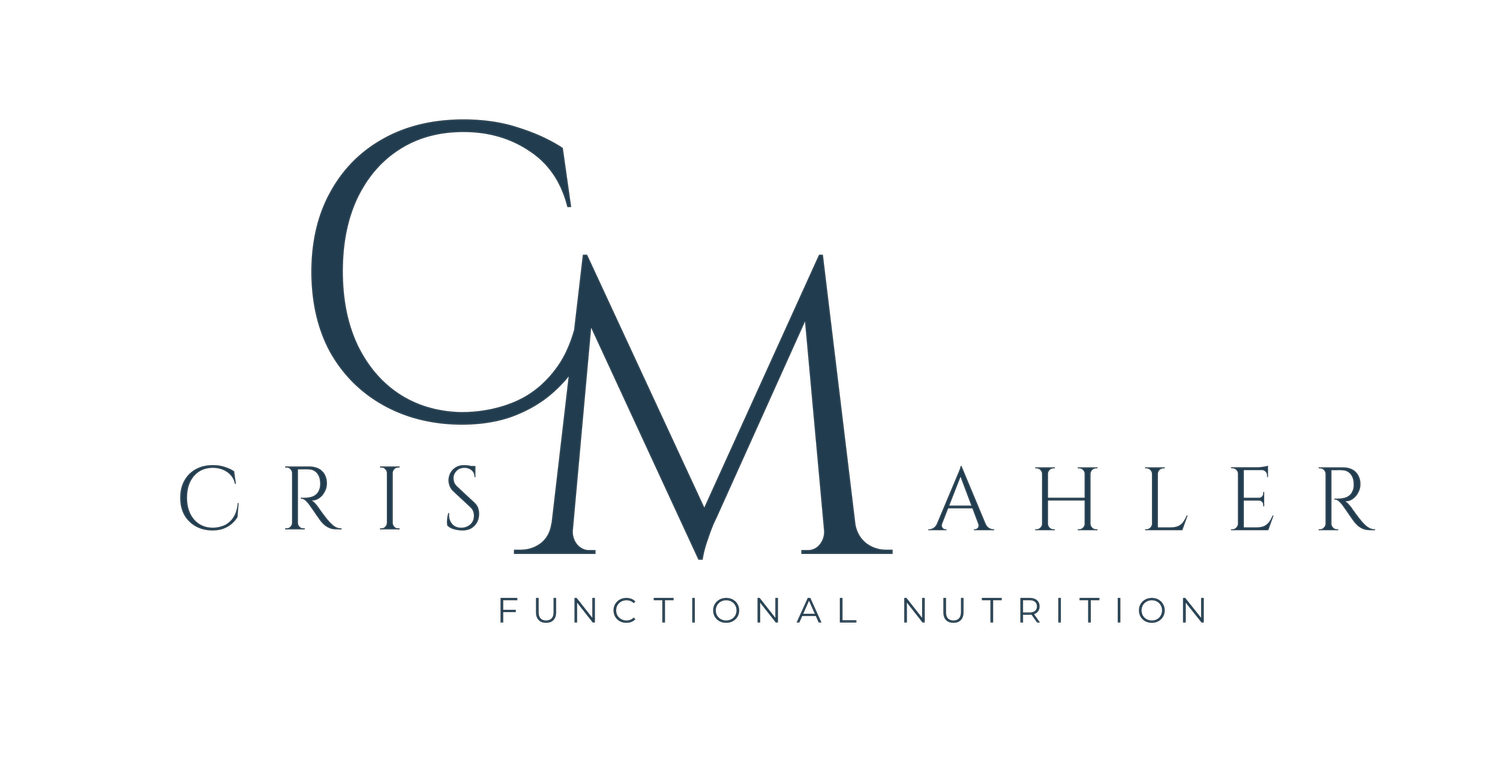Think You Have Leaky Gut? Here's What Science Says
Leaky Gut is the colloquial term used to describe increased intestinal permeability and while leaky gut is not formally recognised as a health condition, increase intestinal permeability is a recognised condition that affects both IBS (irritable bowel syndrome) and IBD (inflammatory bowel disease).
The intestinal tract is the largest and most important interface between the external and internal environment. The gut lining is a semi-permeable barrier designed to allow digested nutrients (vitamins, minerals, amino acids, healthy fats) to pass through and be absorbed into the bloodstream. It is also a protective barrier that prevents unwanted substances like bacteria, toxins, and undigested food particles from getting into the bloodstream.
What is Leaky Gut?
When this barrier is damaged, unwanted substances can “leak” through the intestinal barrier into the blood stream. This can trigger the immune system potentially leading chronic inflammation, food intolerances, autoimmunity, chronic fatigue, joint pain, as well as skin, mental and neurological conditions.
Again, while intestinal permeability is extensively researched in the scientific literature, leaky gut as a pathological condition is still somewhat controversial.
Common contributors to intestinal permeability include:
Poor diet: High sugar, processed foods, and low-fibre diets can adversely affect gut microbiome composition which in turn can negatively affect the gut lining.
Chronic stress: Stress has been shown to negative impact gut lining.
Overuse of medications: Frequent use of NSAIDs (like ibuprofen), antibiotics, or certain acid-reducing drugs can damage the gut lining.
Why does it matter?
“Your gut is not Las Vegas, what happens in the gut does not stay in the gut.”
This memorable quote is attributed to paediatric gastroenterologist, Dr. Alessia Fasano and I love it. The phrase succinctly highlights the important role that gut health has on overall human health and disease outcomes.
Intestinal barrier integrity plays a crucial role in overall health and the resulting symptoms from intestinal permeability may have far reaching consequences beyond the gut. Symptoms of a leaky gut can range from bloating and abdominal discomfort to food sensitivities, allergies, asthma, chronic fatigue, headaches, skin issues, joint pain, mood, mental and neurological conditions.
How to restore your gut lining
Much like skin cells, the cells of your gut lining has constantly turning over meaning that your intestinal lining can regenerate and heal itself given the correct building blocks and environment. Here is what’s needed:
Ditch irritants: Reduce alcohol and NSAIDS which can damage intestinal lining. Eliminate ultra-processed foods, artificial sweeteners, and excessive caffeine which can also adversely affect intestinal barrier. Identify and remove foods that you’re sensitive to (often gluten, dairy, or soy).
Eat gut-friendly foods: Load up on colourful vegetables, prebiotic fibres from foods like garlic, onions, leeks, and asparagus, and fermented foods (sauerkraut, kefir, kimchi) to nourish your microbiome.
Support with key nutrients: Important gut-healing nutrients include L-glutamine (an amino acid that fuels intestinal cells and is abundant in nourishing bone broths), zinc, vitamin D, omega-3 fatty acids.
Bone Broth: Bone broth has a long history and deserves a special mention when it comes to intestinal barrier health. Bone broth is rich in amino acids that are essential for gut barrier integrity and healing, namely glutamine, glycine, arginine, histidine and prolin.
Manage stress: Meditation, breathwork, yoga, and time in nature help calm the gut-brain axis.
Give it time: Healing the gut is a process. Even if symptoms improve quickly, it’s worth sticking with supportive habits for several months.
The Bottom Line
While “leaky gut” might not be an official medical diagnosis, intestinal permeability is increasingly recognised as a factor in many health conditions. The good news is that your gut lining has an incredible ability to repair itself when given the right support with nourishing foods, lifestyle shifts, and stress management. If you’re struggling with persistent digestive issues or symptoms that seem unrelated to your gut, it may be worth working with a qualified practitioner to explore whether your gut barrier could be playing a role. Supporting gut health is not about chasing trends, it’s about building a resilient foundation for your overall wellbeing and longevity. If you would like to find out more, get in touch.
